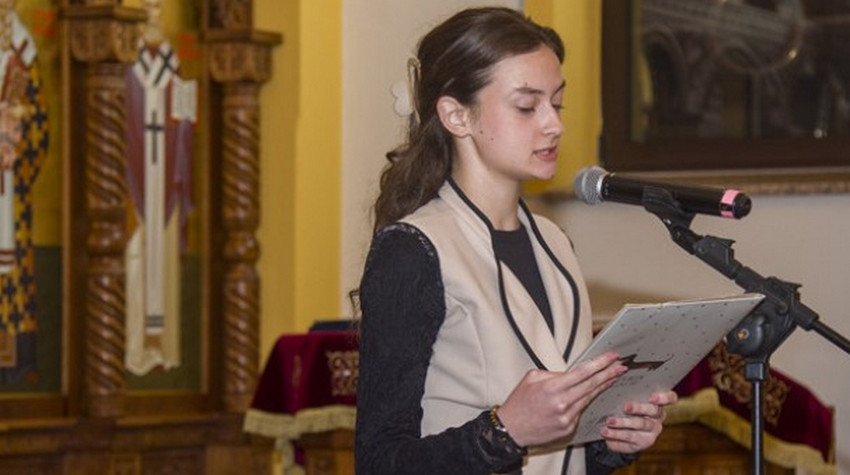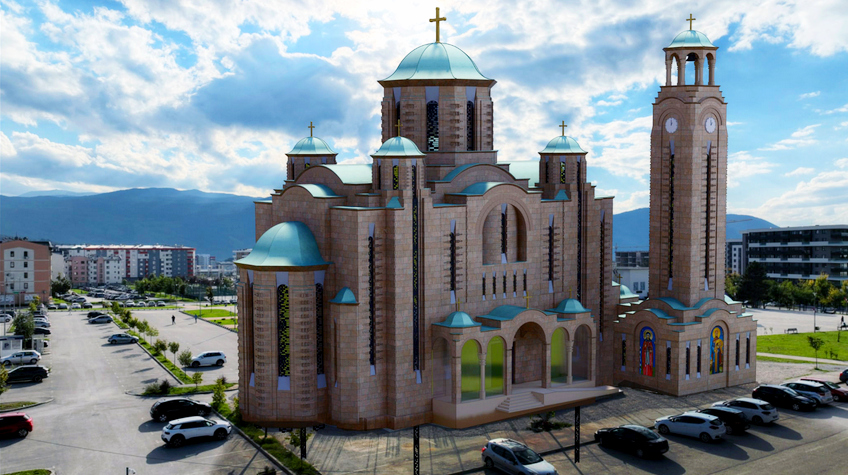EXPANSION OF OLIVE AND FIG CULTIVATION IN HERZEGOVINA
Alongside the olive, which reigns supreme in Herzegovina, there has been a recent surge in fig cultivation due to the favorable Mediterranean climate in the southernmost region of the Republika Srpska. The fruits and products derived from these crops easily find their way to customers.
More
than five thousand olive trees have been planted in Trebinje since 2010.
Additionally, there is a growing number of small olive growers who allocate a
piece of land in their vineyards at the foot of Leotar for 50 to 100 trees of
this Mediterranean crop.
Radovan
Vukoje, the most renowned winemaker and olive grower in Trebinje, told
"Glas Srpske" that they have the largest single olive grove in
Herzegovina, planted in Zasad polje 13 years ago. According to him, every olive
grower is important as it has been proven that this crop thrives excellently in
Trebinje.
"Olives
do not need to be cultivated on large areas as more and more people are
planting them for their own needs. An oil mill in eastern Herzegovina to
process olives from small producers would be beneficial," Vukoje said. He
is satisfied with the start of the year and expects some varieties to bloom
earlier. This year, he anticipates a good harvest, and the weather conditions
are favorable. "We currently benefit from the rainfall, and later, we need
as much sun as possible. We have an irrigation system, so drought is not a
problem, and olives thrive in dry conditions. Last year, we had a yield of 12
tons, and now we expect even more because the trees are older, and the yield
increases," Vukoje explained.
All olive products are easily marketed.
"We
sell all our olive oil products mostly to foreign tourists in our country and
in hospitality venues," Vukoje noted. Besides olives, fig production is
also becoming increasingly popular in the southern Republika Srpska.
"We
are also developing fig plantations and produce liqueurs, jams, and dried figs
from this crop. However, our fig liqueur, which we prepare in our distillery,
stands out," Vukoje said. He added that a lot of effort is being put into
branding olive oil in Herzegovina. "We have ideal conditions for olive
production, and their oil is a great opportunity for us. In terms of wine, we
have created a brand and are present on three continents—Asia, Europe, and
America. We aim to achieve the same with olives and olive oil," Vukoje
emphasized.
Jeromonah
and brother of the Tvrdoš Monastery, Porfirije, told "Glas Srpske"
that, besides bees and vineyards, they also have significant olive plantations.
"We now have about 1,500 trees, and the Italian varieties have proven to
be the best. Olive oil will enter the market in a few years. Currently, it is
used for monastery needs and in competitions in Croatia and Bosnia and
Herzegovina. By the end of the year, our olive oil will also be at the
prestigious fair in New York. More and more people in this region are choosing
to plant olives and figs," Porfirije stated.













